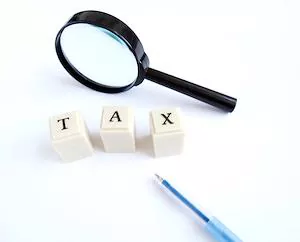ARTICLE
The Supreme Court decides on the unconstitutionality of provisional injunctions
On June 15 the Supreme Court declared the unconstitutionality of the rule that grants the fiscal agent the power to enact and execute precautionary measures on the taxpayer’s assets when a tax debt is being claimed, without the intervention of the judge.
June 30, 2010

In re: “Administración Federal de Ingresos Públicos c/ Intercorp SRL s/ ejecución fiscal” the fiscal agent executed an injunction on the assets of Intercorp SRL, and subsequently informed such circumstance to the competent court, in accordance with article 92 of Law 11,683. Intercorp SRL requested the declaration of unconstitutionality of that provision and the Federal Court of Salta resolved such request favorably. Subsequently, the Court of Appeals reversed that ruling. This last sentence was appealed by Intercorp SRL, and the case was brought before the Supreme Court.
The rule in question grants the fiscal agent the power to enact and execute precautionary measures on the taxpayer’s assets when a tax debt is being claimed, without the intervention of the judge. The fiscal agent must inform the judge only after the injunction was executed.
The Court declared the unconstitutionality of the rule, in a majority decision (4 votes in favor, 3 against), considering that the delegation to the fiscal agents of powers that belong to the Judiciary, is inadmissible.
The Court held that the rule in question is contrary to the constitutional principle of separation of powers, ignoring the rights -recognized by the Constitution and international treaties with constitutional status- of effective legal protection and legal defense. The Court also decided that the conditions required for injunctions - probability of rights and danger in delay- were not evaluated by an impartial third party but by creditor. The Court also explained the unconstitutionality in relation to the violation of article 17 of the Constitution, which provides for the inviolability of property and the impossibility of depriving same without a court decision based on the law.
Finally, the Court stated the importance of collecting government revenues to cover the costs of the state. In this regard, although the Court decided to admit the validity of the provisional measures executed so far, the Court added that if they do not meet the legal requirements - probability of rights and danger in delay- such measures could be reviewed.
This insight is a brief comment on legal news in Argentina; it does not purport to be an exhaustive analysis or to provide legal advice.